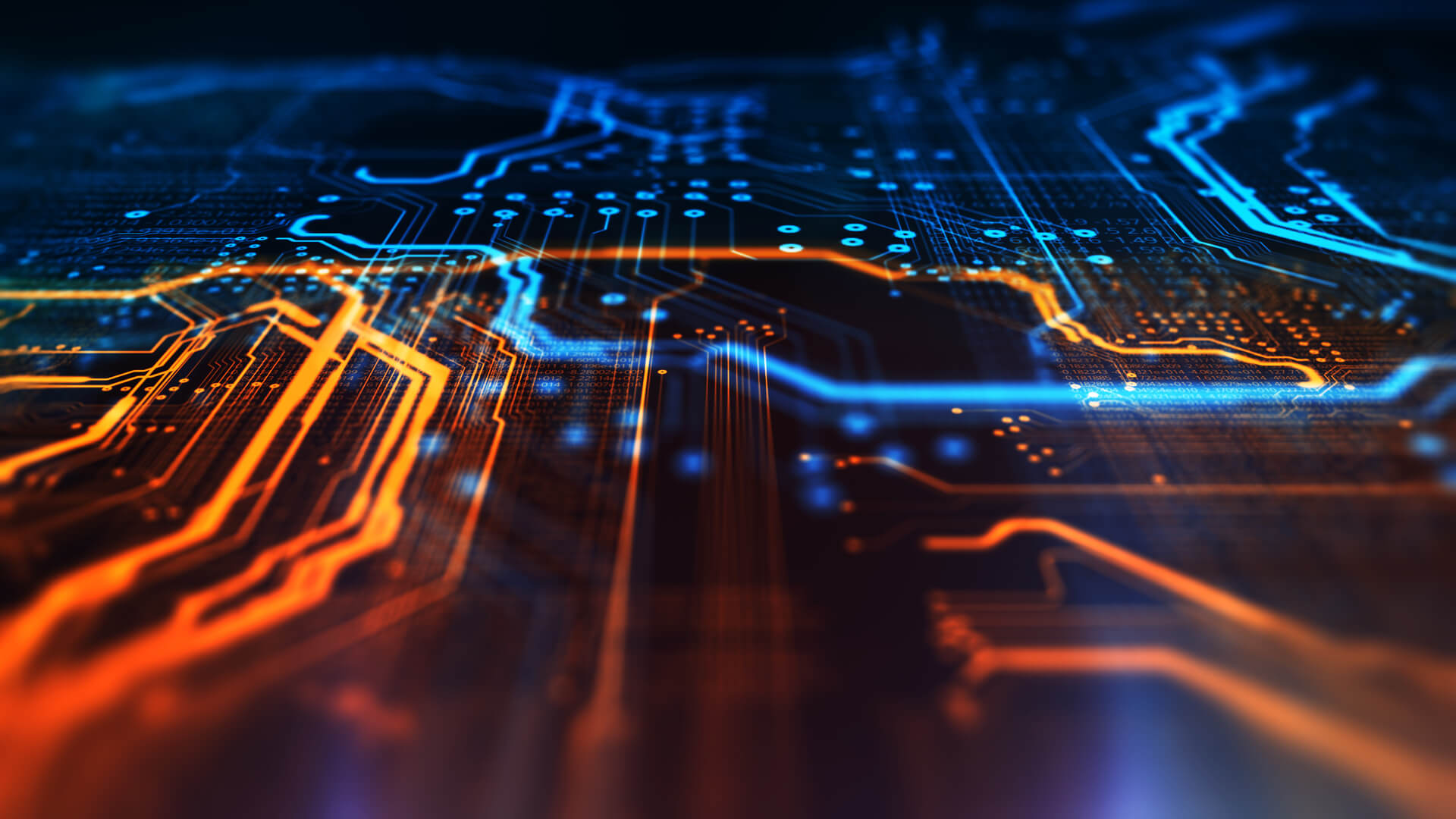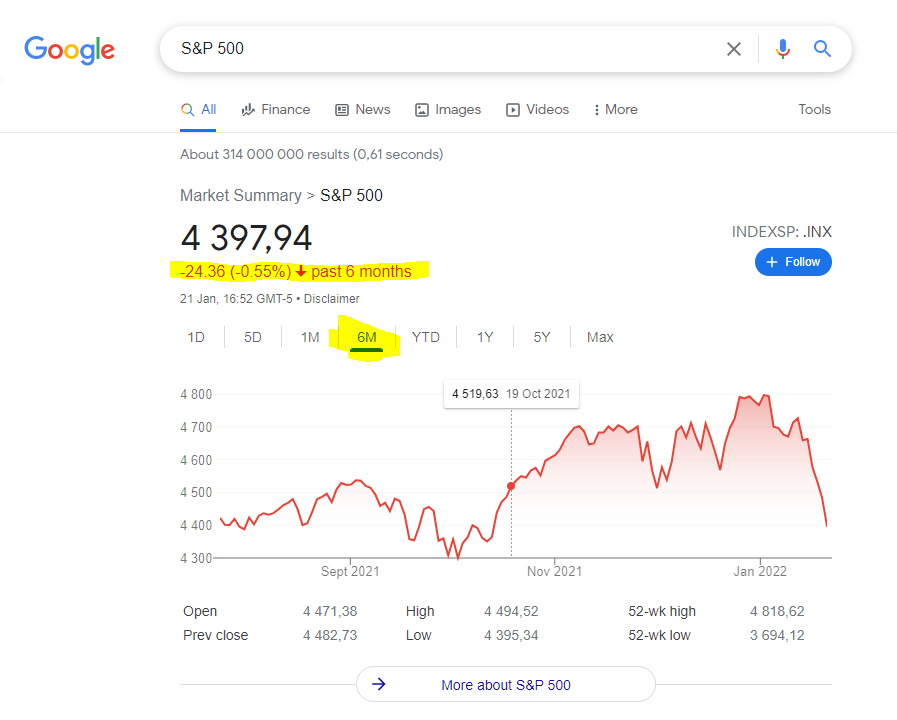This helps, cos my smart ass would have tried evasion without knowing the implicationsAs it goes - death and taxes.
My rule of thumb: if you can make a decent amount of money from something and there isn't tax due on it - it is either illegal (so much worse as definite fines + jail time is on the cards) or it is taxable & you are deliberately avoiding it (fastest way to never get credit again thanks to a SARS judgement (a lekker fine more than likely & some free nought massages in jail if you messed up badly enough).
Or well, the legal, but "not good" dodging







